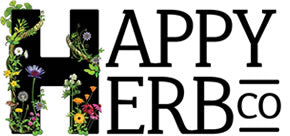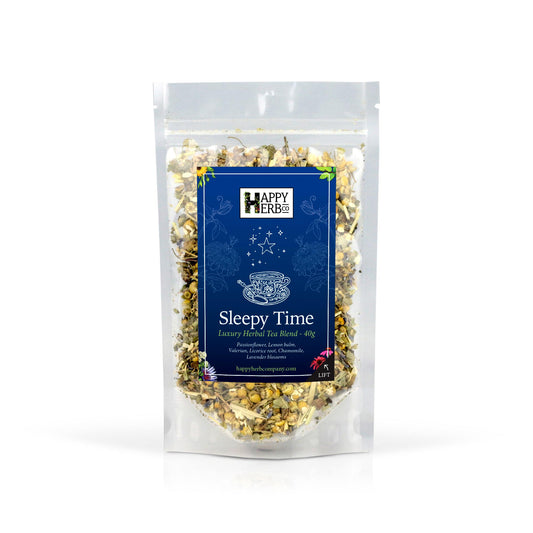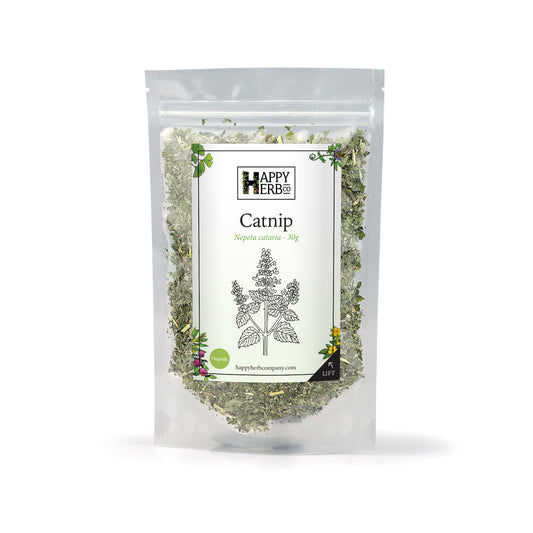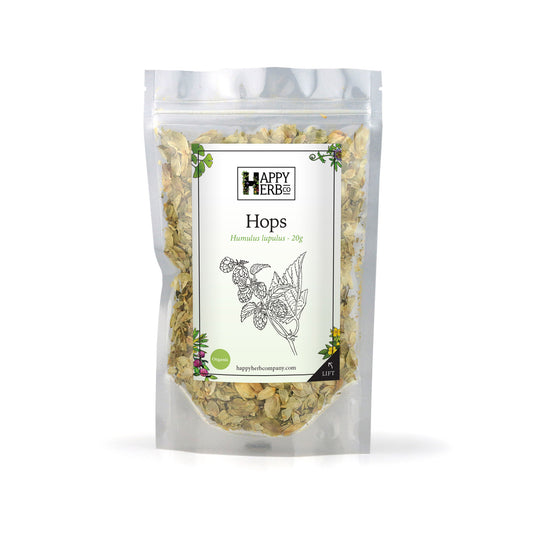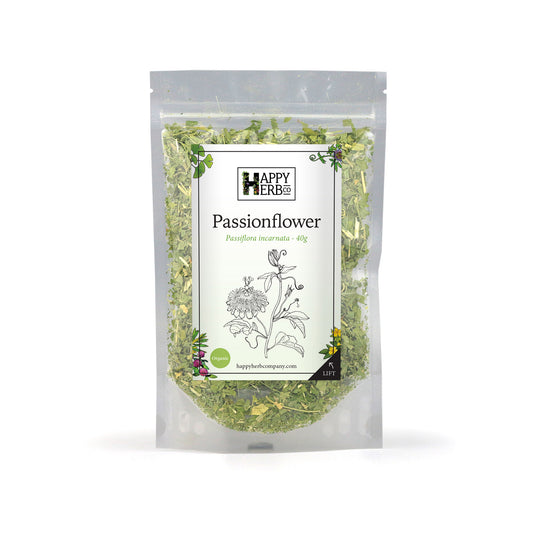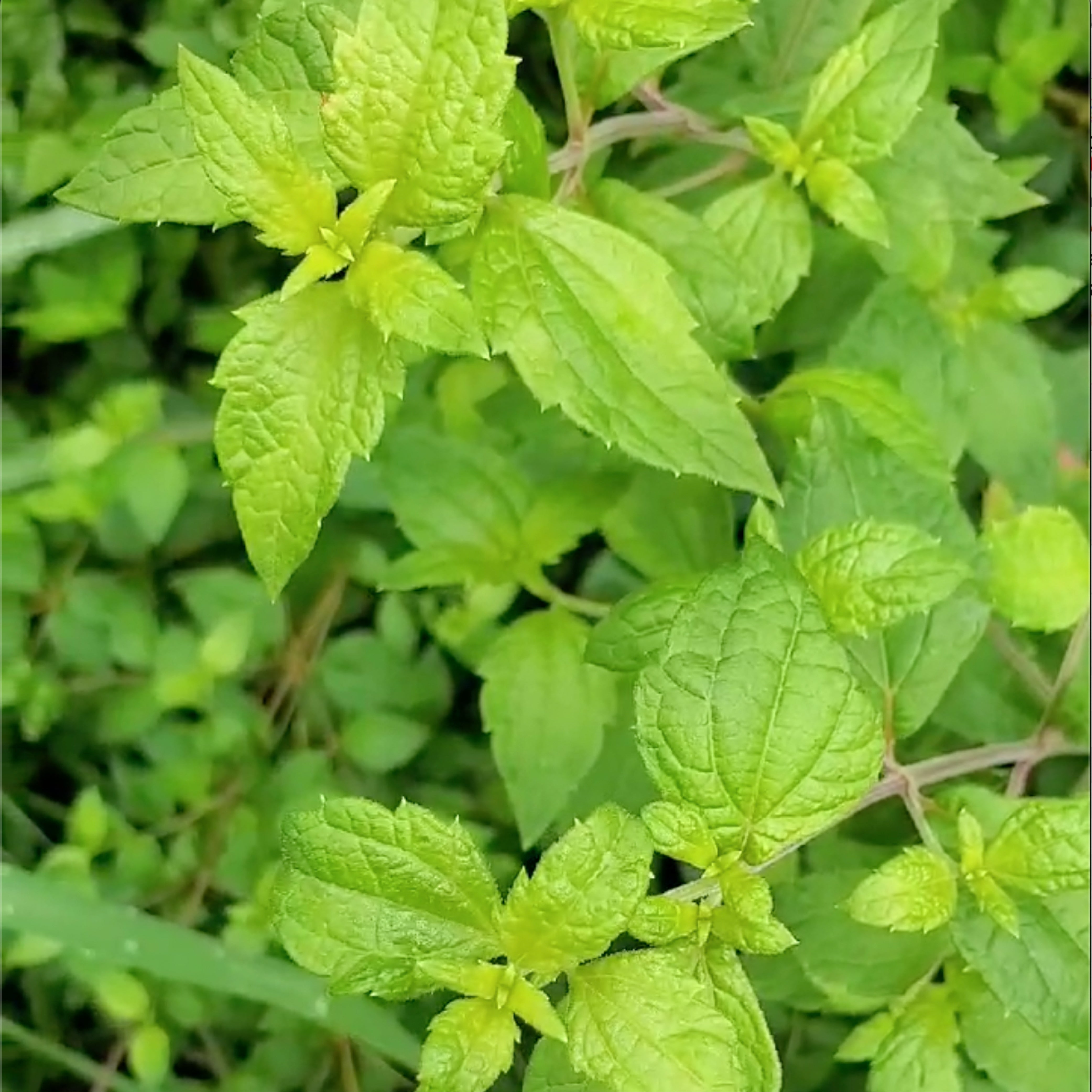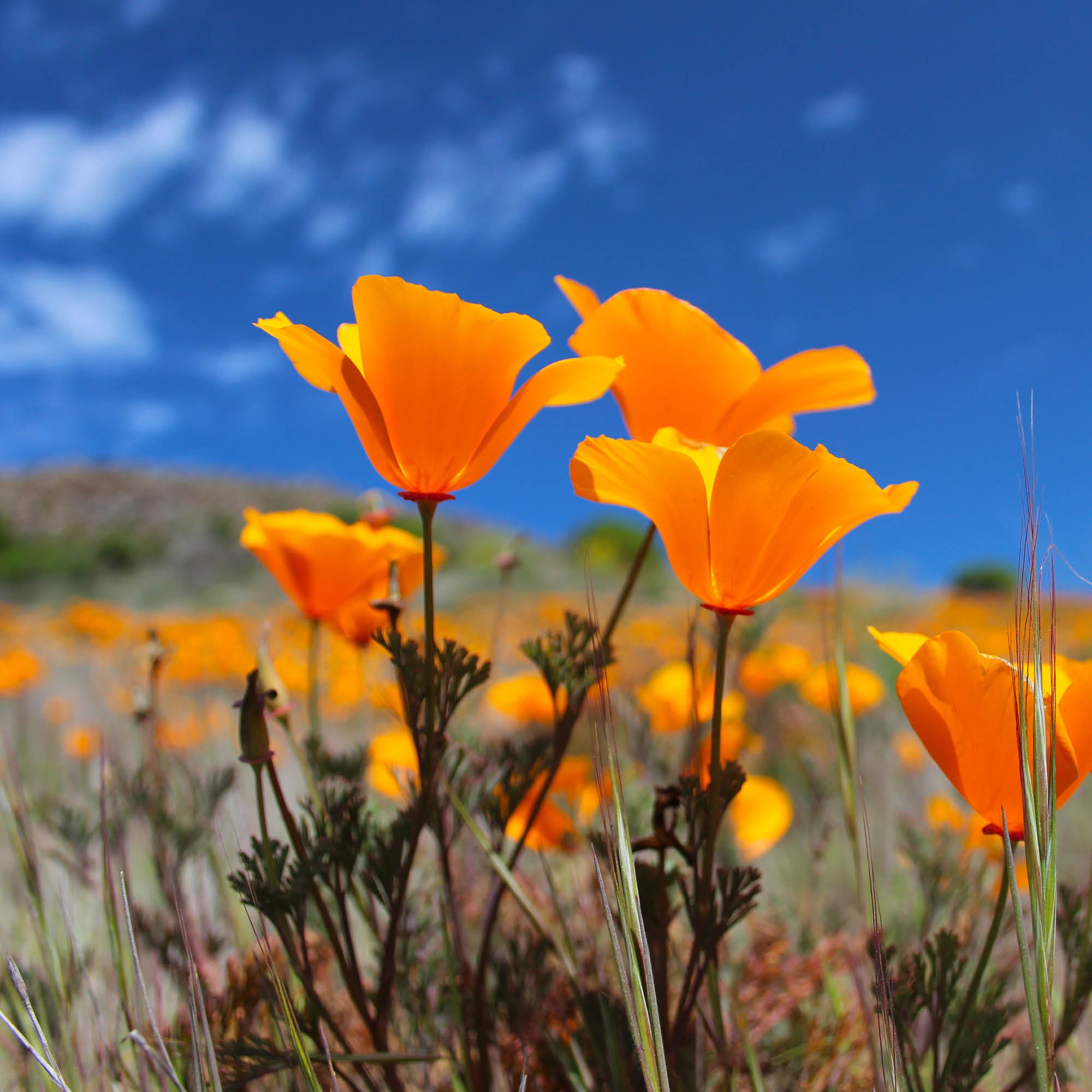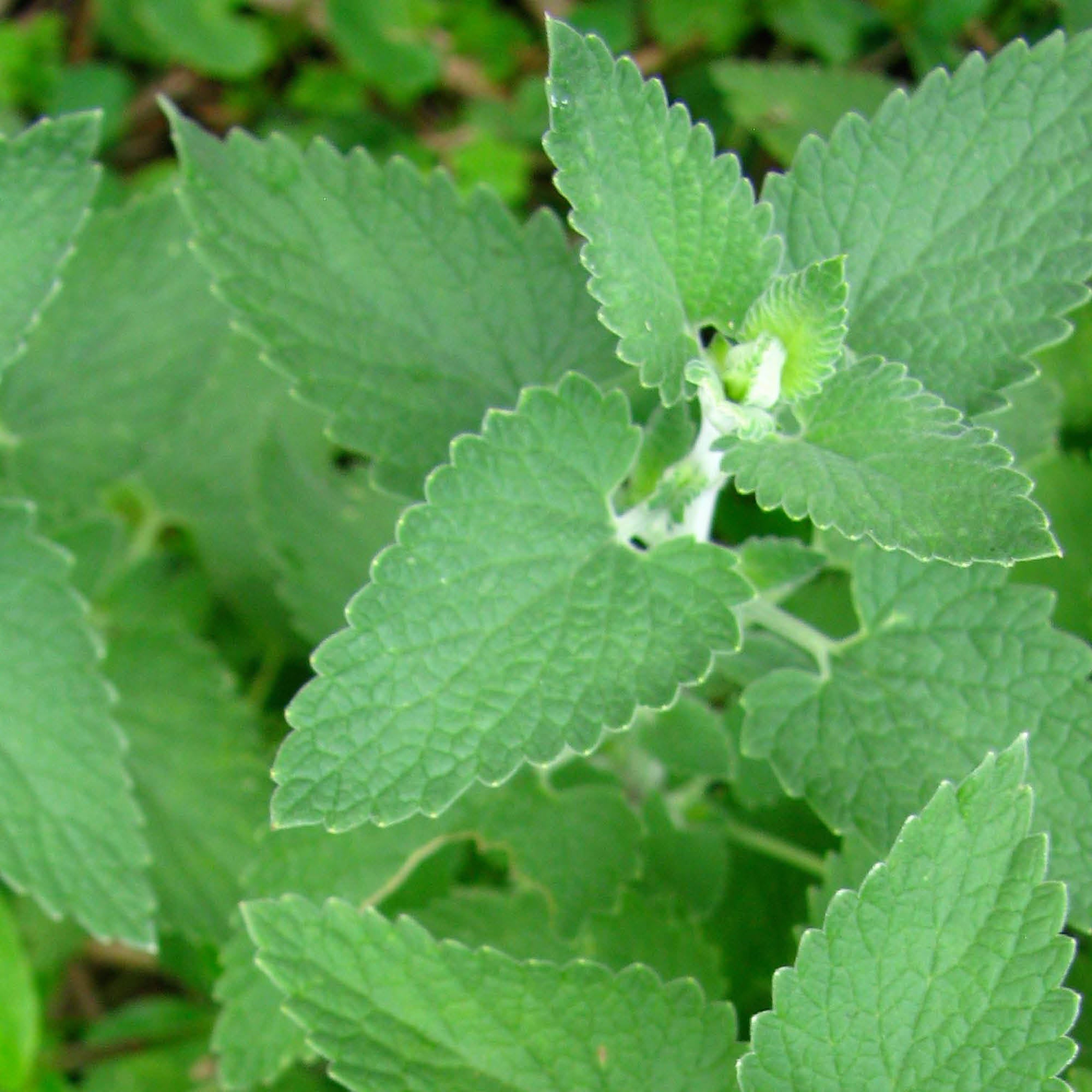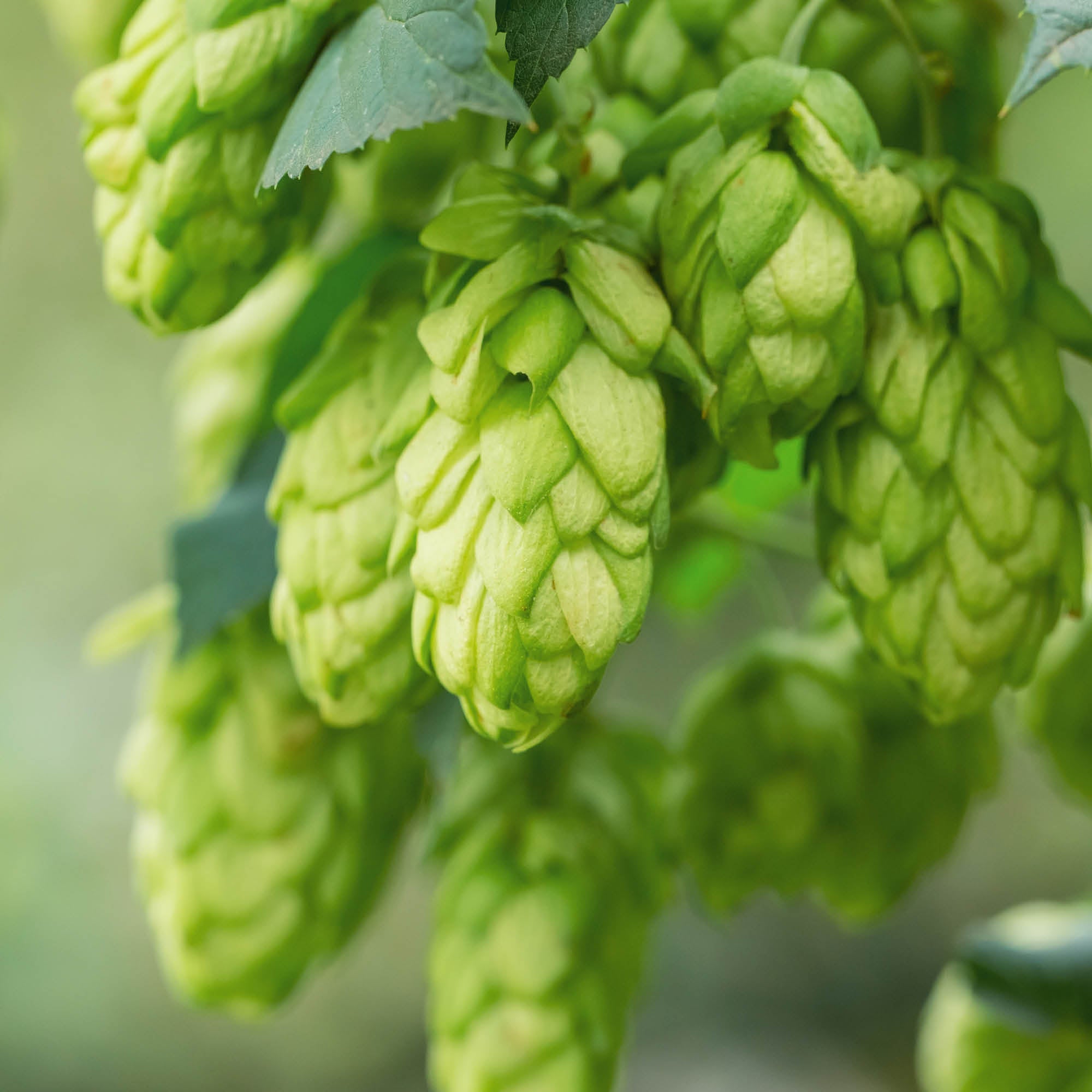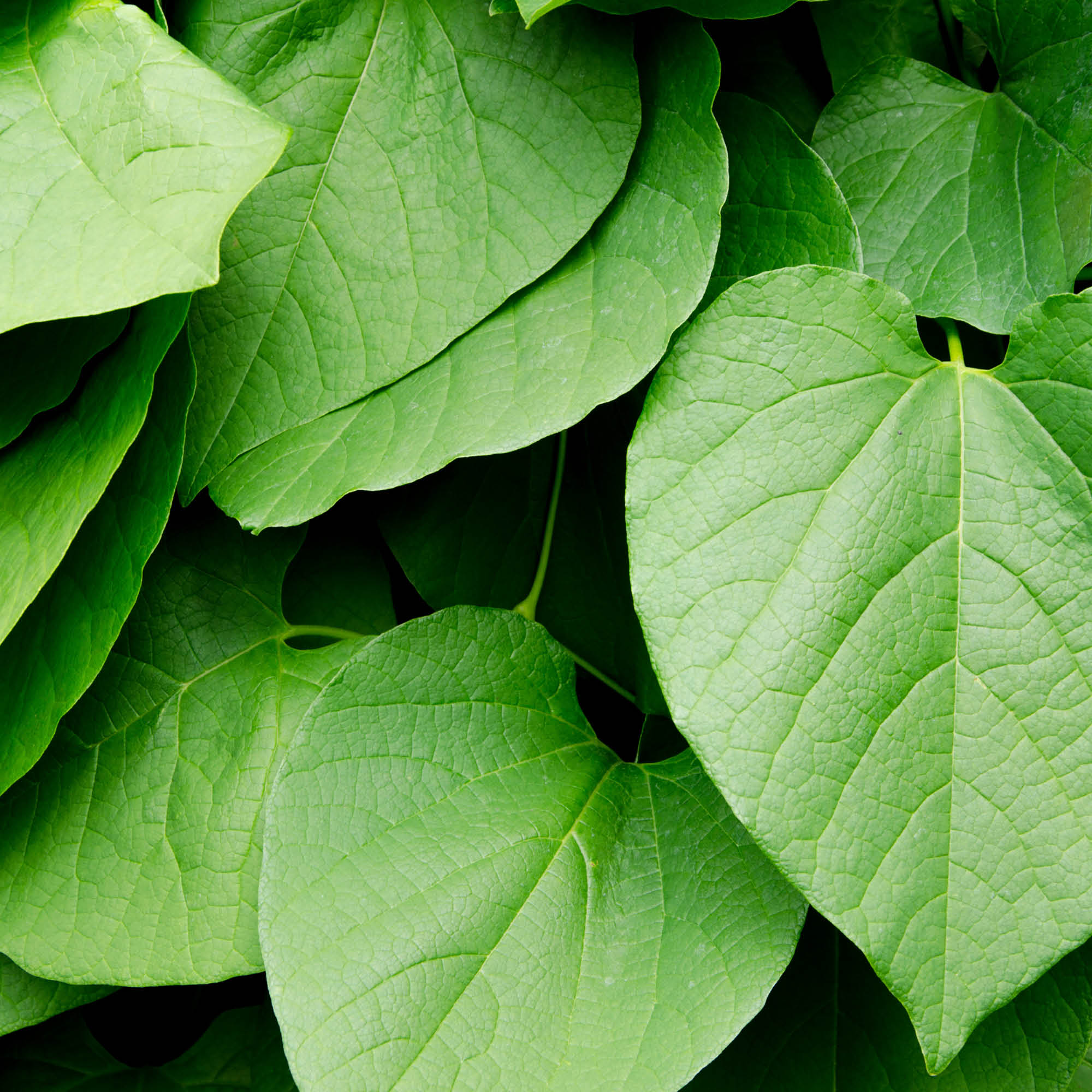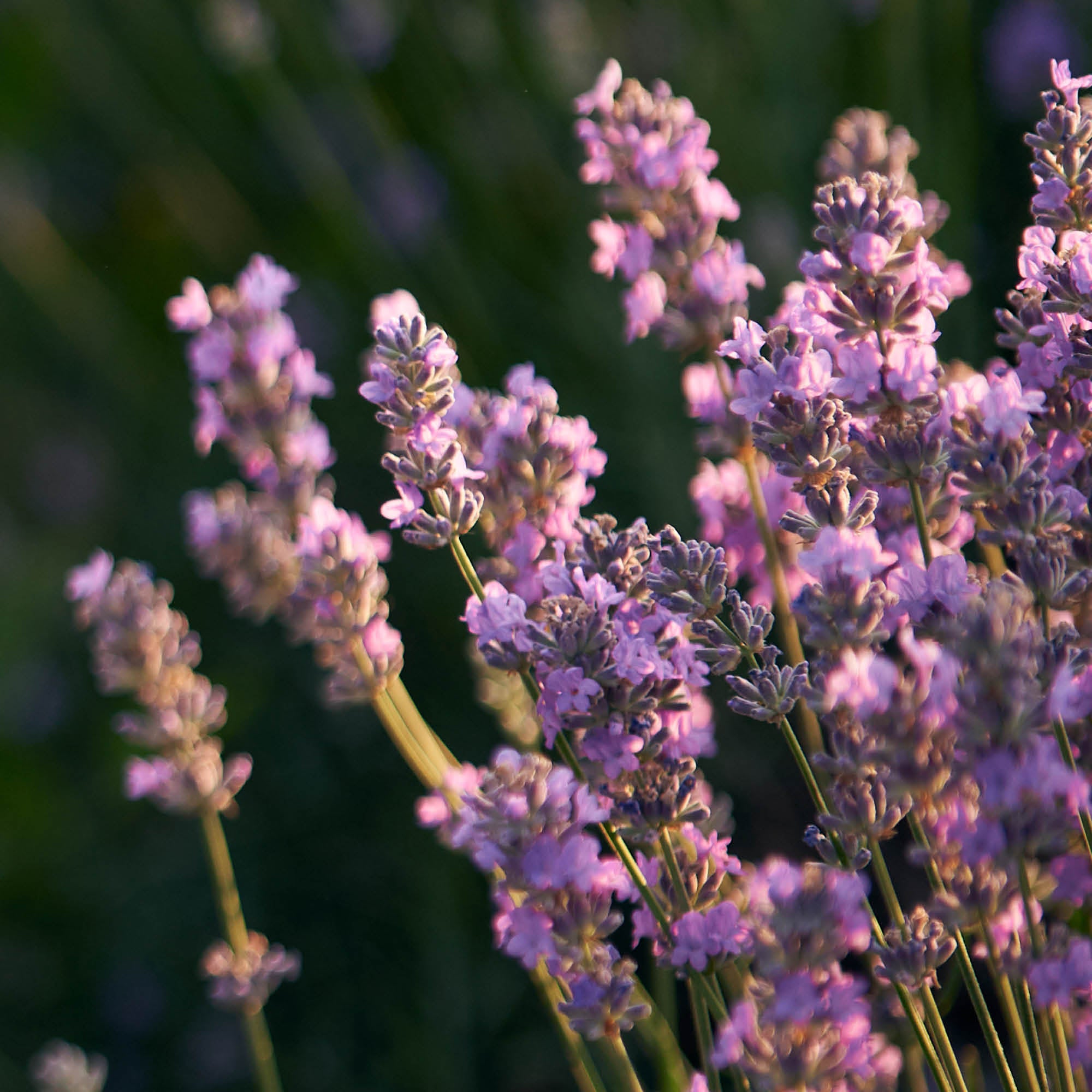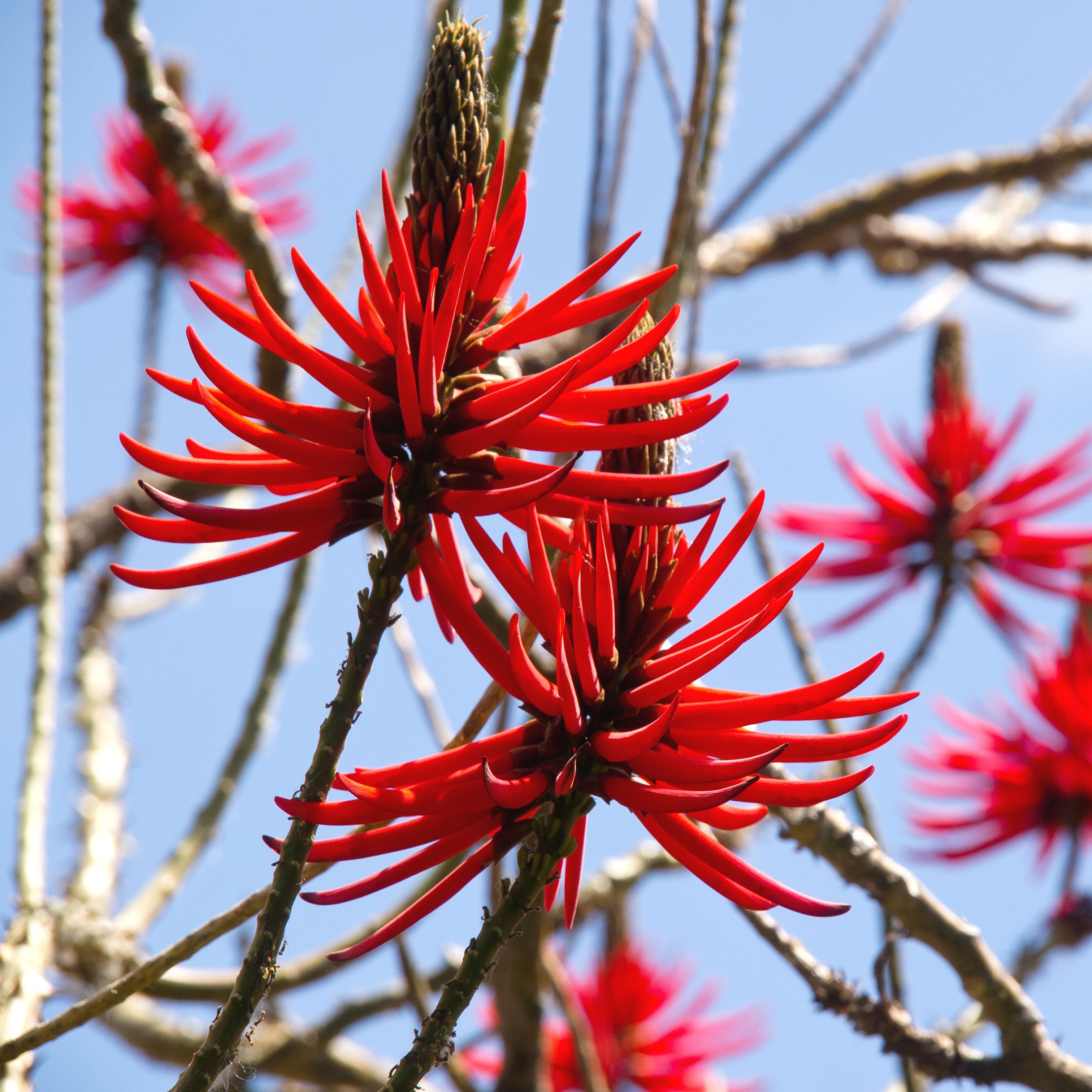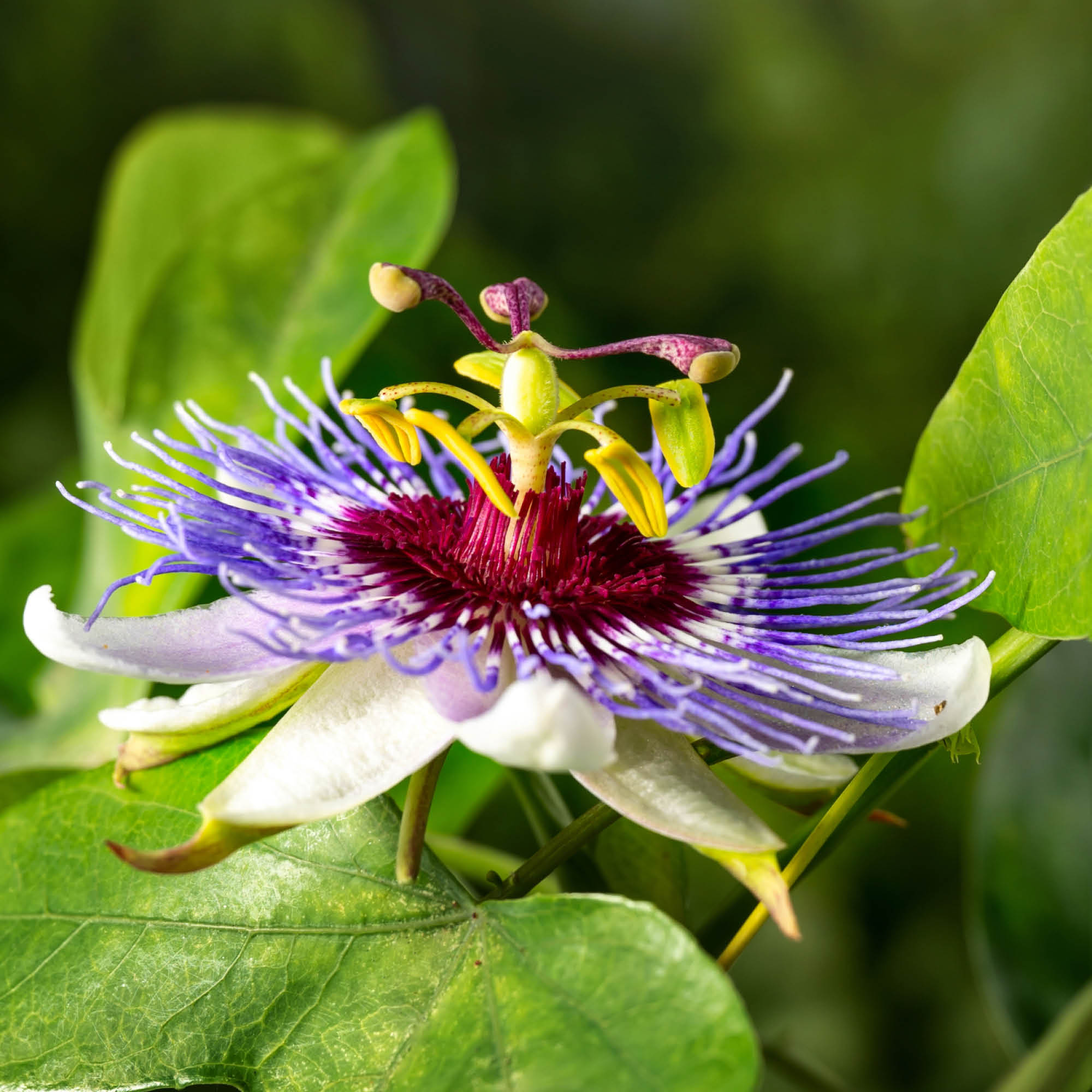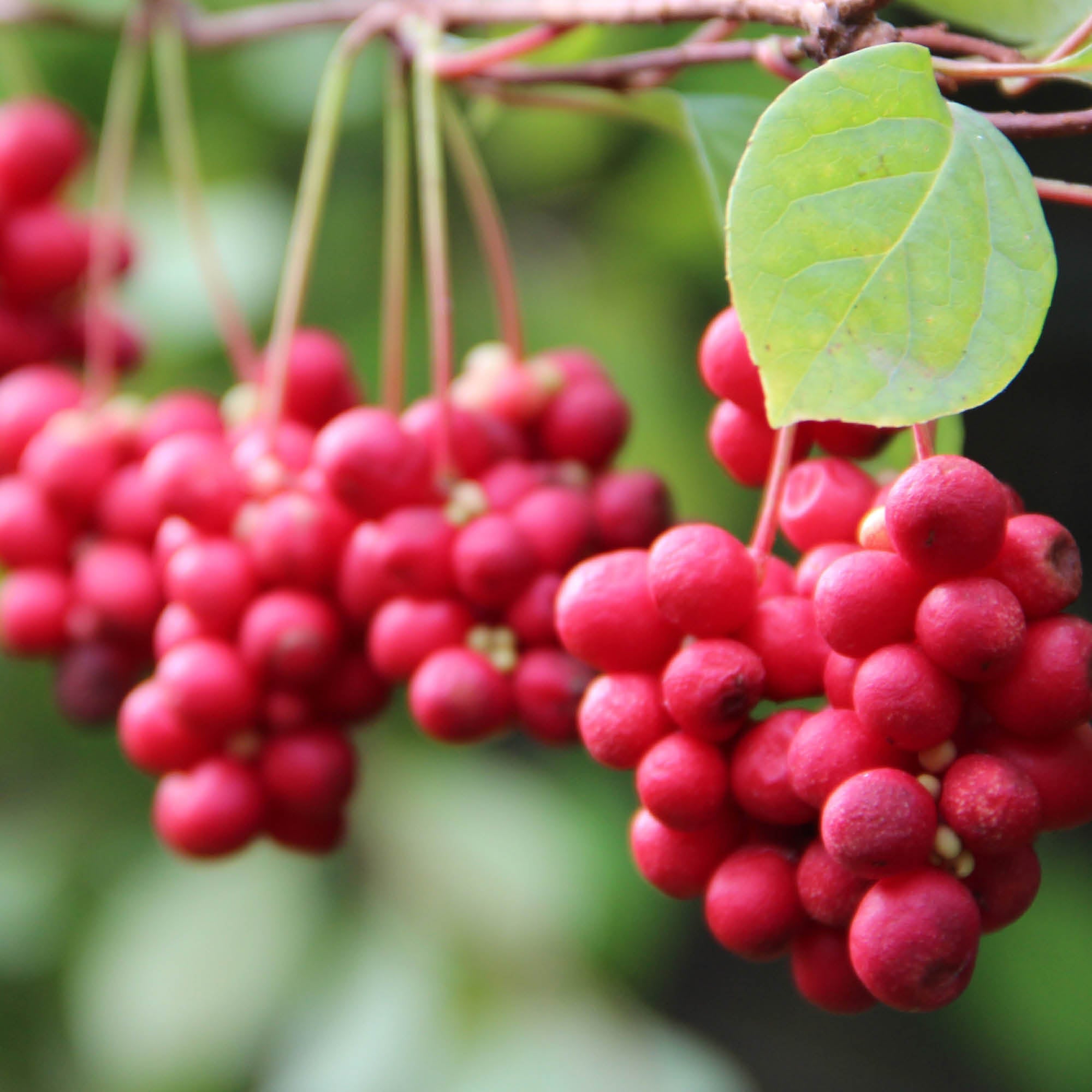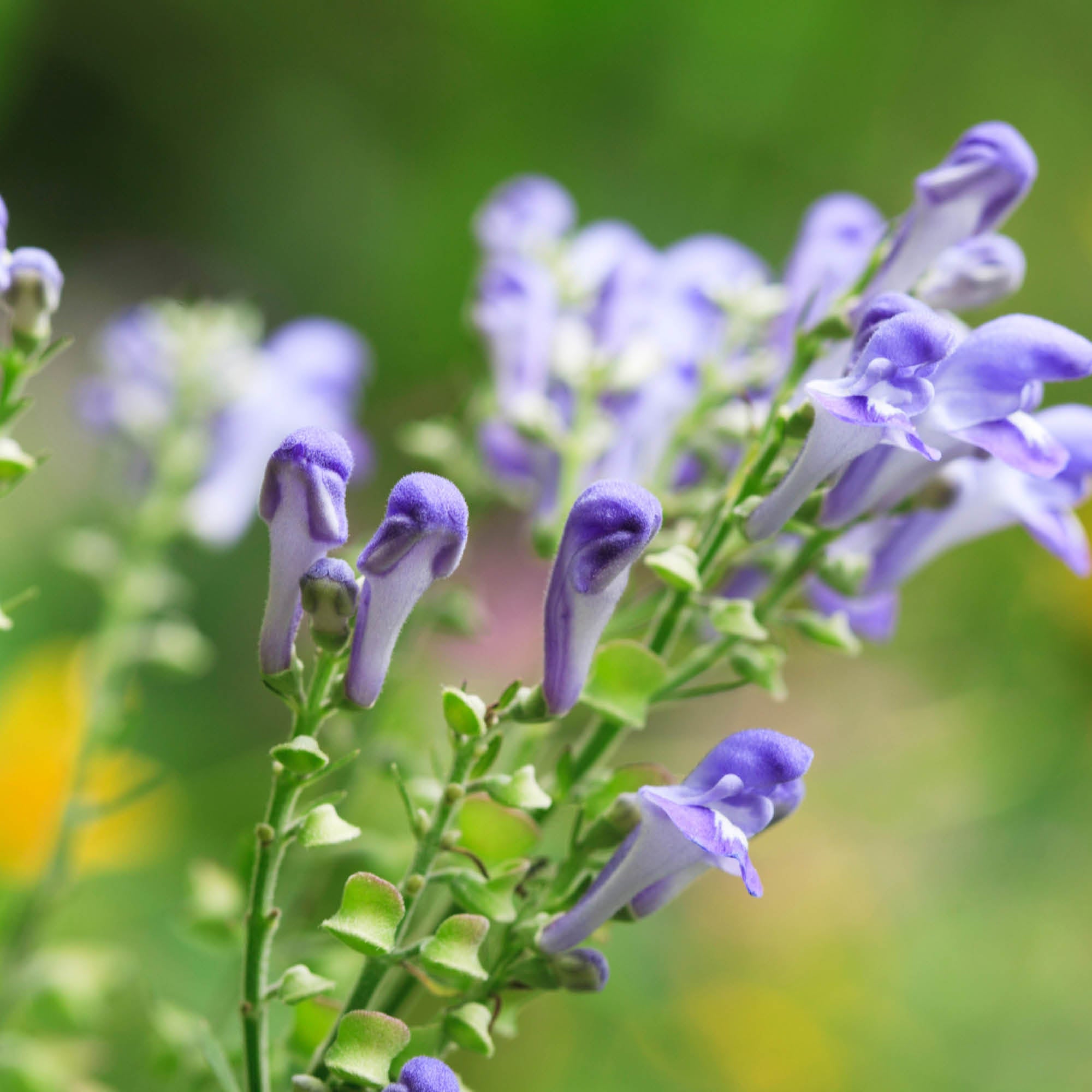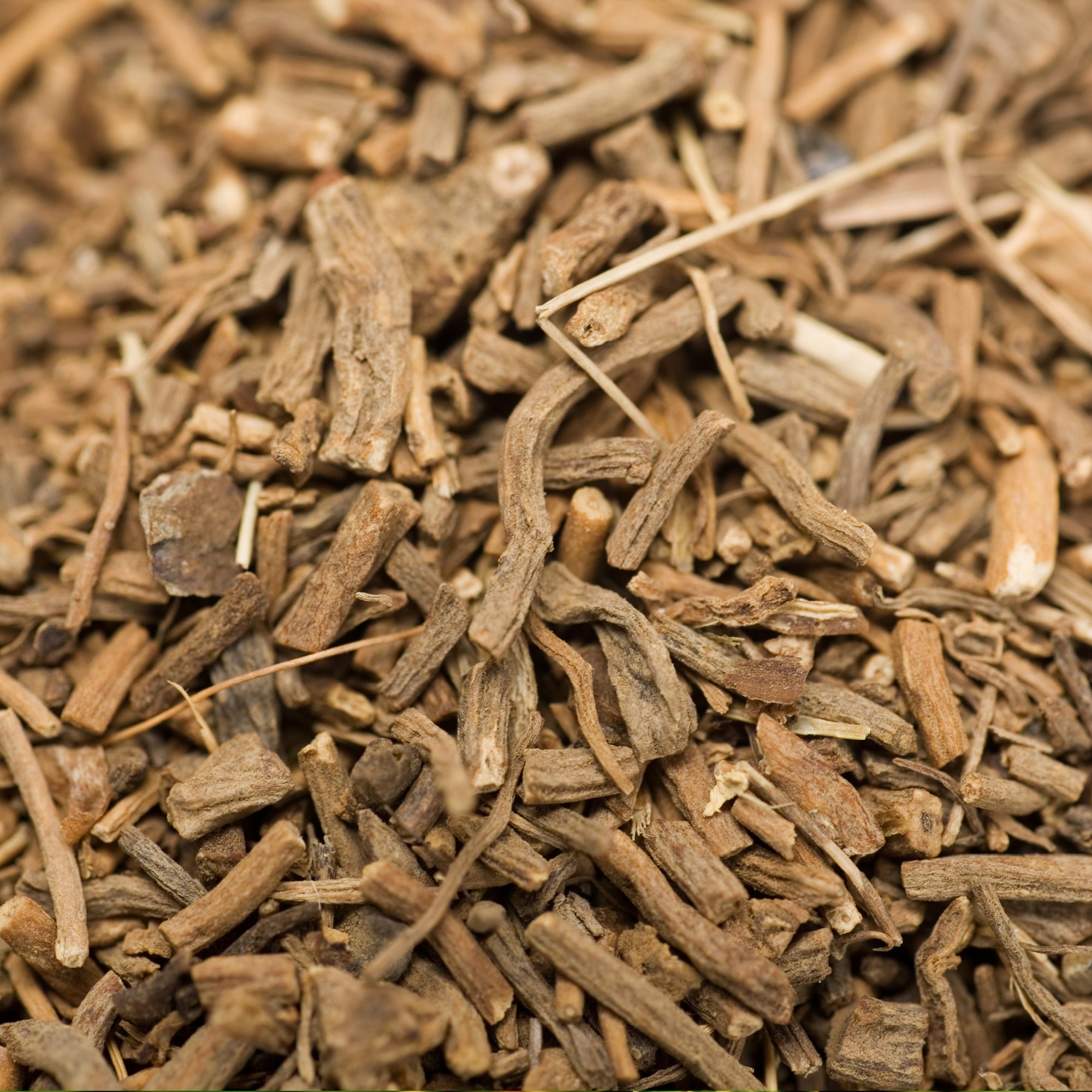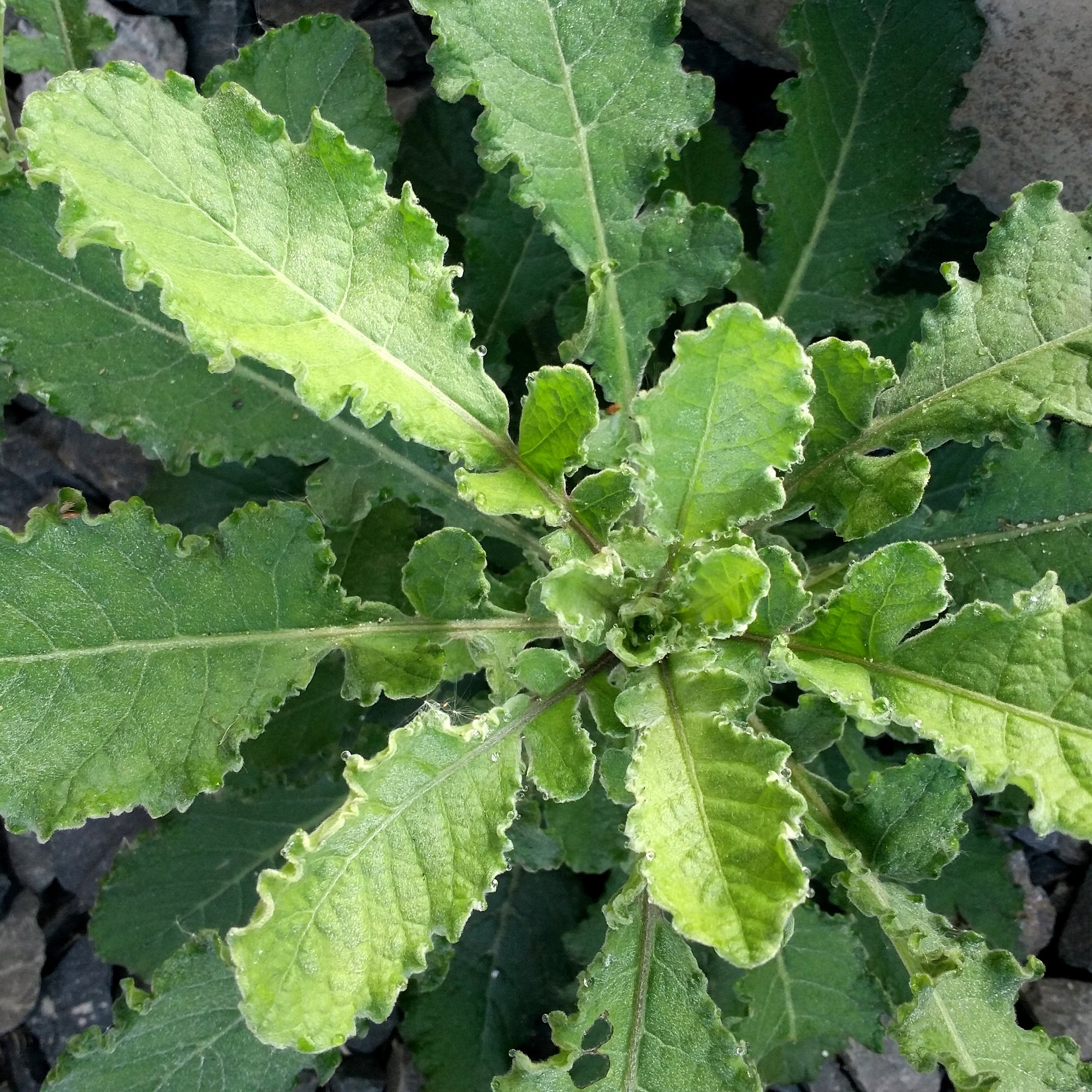Access Denied
IMPORTANT! If you’re a store owner, please make sure you have Customer accounts enabled in your Store Admin, as you have customer based locks set up with EasyLockdown app. Enable Customer Accounts
Insomnia Sub-Categories
Shop Herbs for Insomnia
-
Sleepy Time Herbal Tea Blend
Vendor:Happy Herb CoRegular price $20.00 AUDRegular priceUnit price / per -
Hops Flowers
Vendor:Happy Herb CoRegular price $13.50 AUDRegular priceUnit price / per -
Passionflower
Vendor:Happy Herb CoRegular price From $17.50 AUDRegular priceUnit price / per
1
/
of
4
Explore Herbs for Insomnia
Discover Blogs and Recipes on Insomnia in the Herb Hub
Insomnia Frequently Asked Questions
Have a question we haven't answered yet? Get in contact with us here.
Collapsible content
Collapsible row
Collapsible row
Collapsible row
Invalid password
Enter

Happy Herb Co
Dedicated to supporting plant-based health and happiness.
Explore our huge range and discover the wonderful world of herbs at Happy Herb Co.

Australia's Biggest Range
Shop Online or In-Store

Free Shipping Over $150
Australia Wide

25 Years of Service
Our Priority is Satisfaction

Secure Shopping
Powered by Shopify
Happy Herb Co acknowledges the Traditional Owners of Country throughout Australia and recognise the continuing connection to lands, waters, skies and communities. We pay our respect to Aboriginal and Torres Strait Islander cultures, and to Elders both past and present.
- Choosing a selection results in a full page refresh.
- Opens in a new window.
